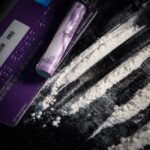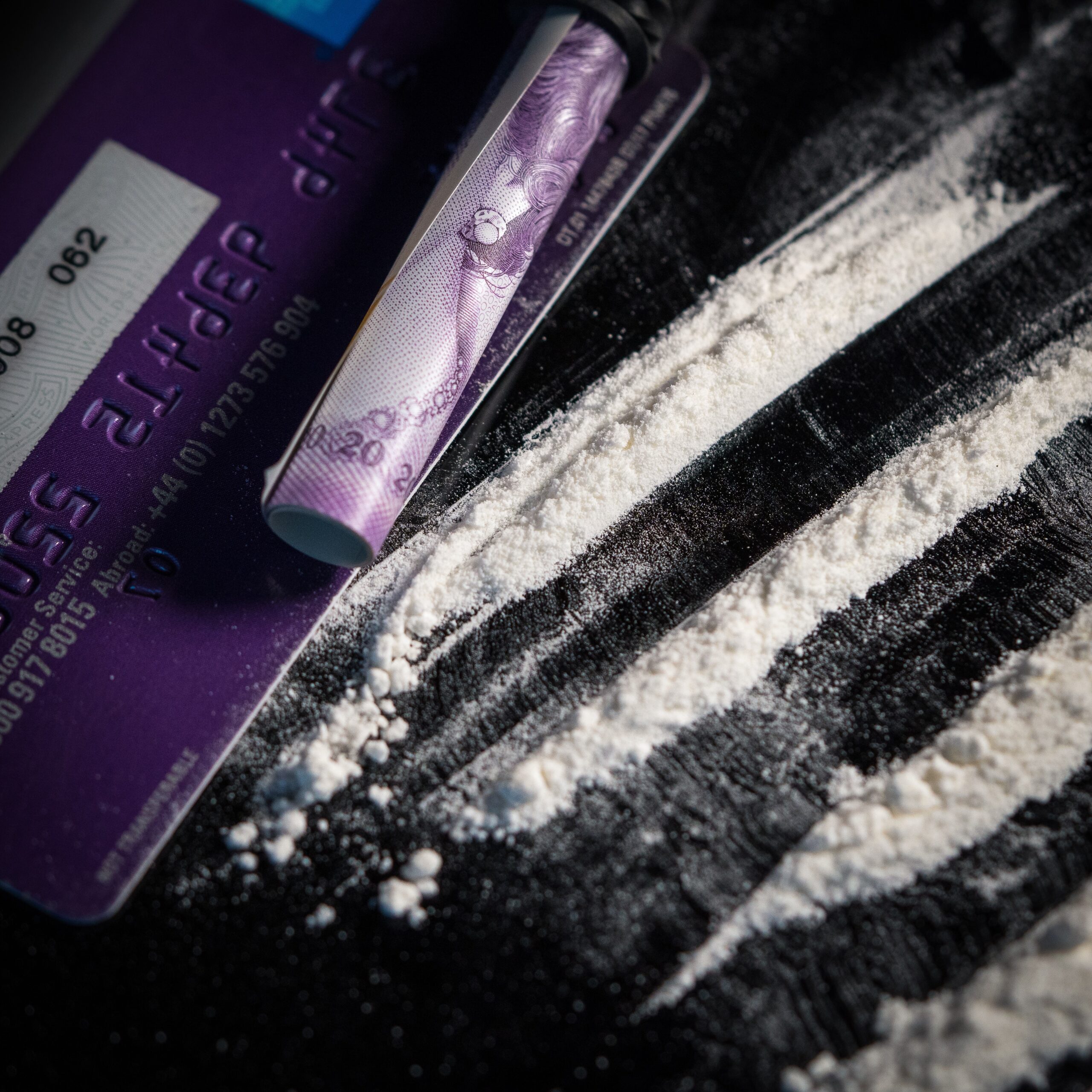“The war on drugs has failed”. Colombia thinks about the liberalization of cocaine


According to the Washington Post, Colombia, the largest cocaine producer in the world and the source of more than 90% of cocaine seized in the United States, is considering decriminalizing the drug in an experiment to end the endless "war on drug "of Washington DC .
After just two weeks in office, the country's first left-wing government has proposed an end to "prohibition" – in what would become the first government-regulated cocaine market. Officials will collaborate with other left-wing governments in the region through laws and alliances to "transform the country into a laboratory for the decriminalization of drugs ".
" It is time for a new international convention that accepts that the war on drugs has failed ," President Gustavo Petro said in his inaugural address this month. The move could jeopardize the country's longstanding good relations with the United States, whose officials, both past and present, are sounding the alarm.
A former DEA official, who spoke on condition of anonymity because his current employer did not allow him to talk about the matter, said he feared the move would limit the agency's ability to collaborate with Colombians in investigating the matter. drug trafficking.
" It would progressively kill cooperation ," he said. “ It would be devastating, not only regionally, but globally as well. Everyone would find themselves fighting from the outside “. -WaPo
Jonathan Finer, Biden White House Deputy National Security Advisor, who met Petro in the United States prior to his inauguration, said "the United States and the Biden administration are not advocates of decriminalization."
The United States has spent billions of dollars to fund a strategy to search for and destroy cocaine plants in the fields of rural Colombia; US intelligence and other agencies have lent support to Colombia's decades-long military efforts to rid the country of coca, the plant from which cocaine is made. Too bad that, despite more than half a century of war on drugs, cocaine production has reached record levels according to recent data.
Petro's drug warfare czar Felipe Tascón says this is a rare opportunity to unite the governments of cocaine-producing countries, such as Peru and Bolivia, which are similarly led by left-wing governments and would, therefore, create a real international pro cocaine group.
In his first interview since he was appointed, the economist said he wanted to meet with his counterparts in those countries to discuss decriminalization at the regional level. Eventually, he hopes that a unified regional bloc can renegotiate international drug conventions at the United Nations.
Nationally, the Petro administration intends to support legislation to decriminalize cocaine and marijuana. It intends to put an end to aerial spraying and manual grubbing up of coca, which critics say unfairly affects poor rural farmers. According to Tascón, by regulating the sale of cocaine, the government would take the market away from armed groups and cartels . -WaPo
The problem would obviously multiply for those countries like the US or Europe that apply tough policies against drug trafficking. With the legal substance in South American countries, how could traffic be stopped?

Thanks to our Telegram channel you can stay updated on the publication of new articles of Economic Scenarios.
The article "The war on drugs has failed". Colombia thinks about the liberalization of cocaine comes from ScenariEconomici.it .
This is a machine translation of a post published on Scenari Economici at the URL https://scenarieconomici.it/la-guerra-alla-droga-ha-fallito-la-colombia-pensa-alla-liberalizzazione-della-cocaina/ on Tue, 23 Aug 2022 07:00:15 +0000.
